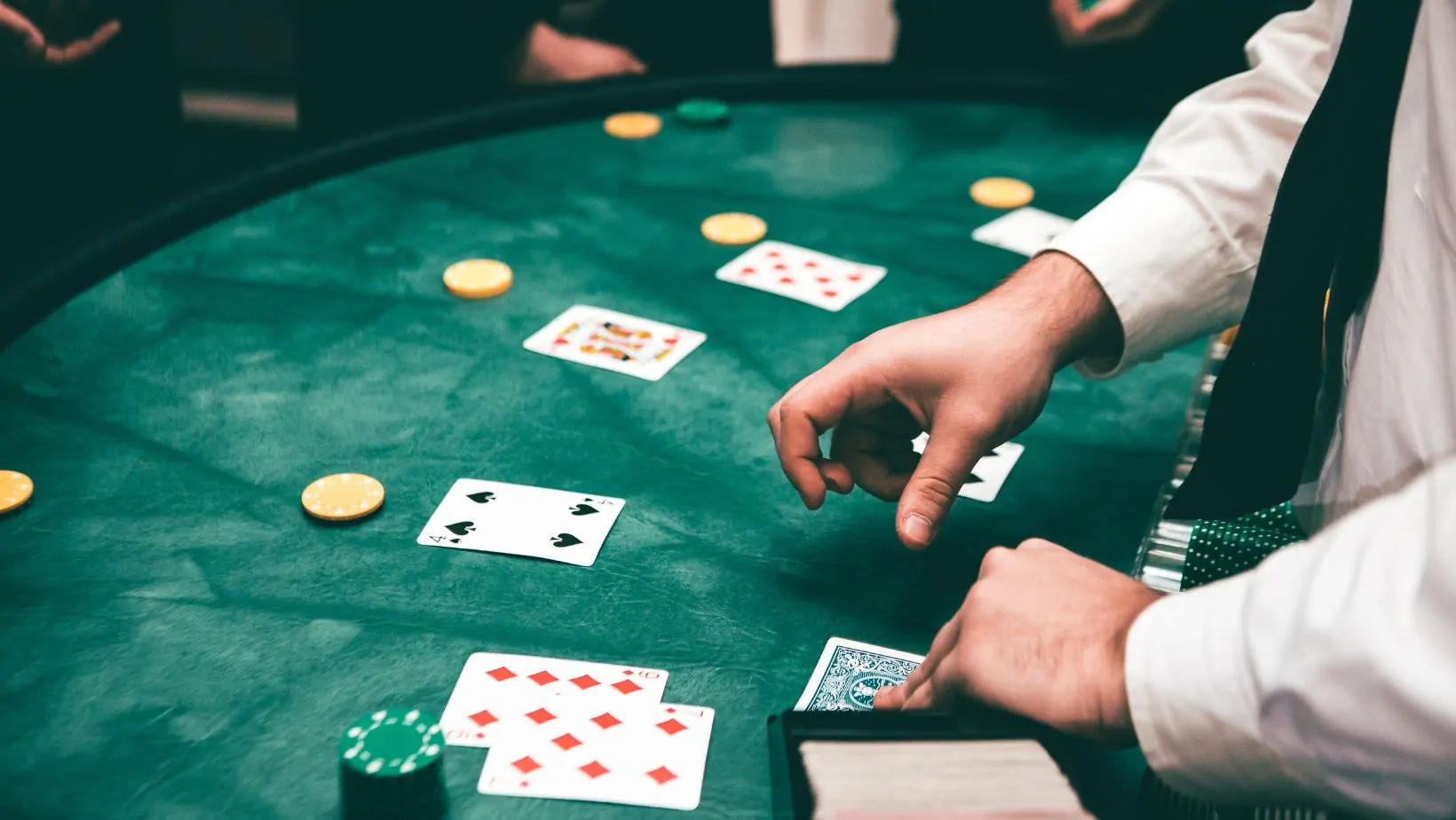The Psychology of the Perfect Bluff in Blackjack
Bluffing in blackjack, when used sparingly and with certain checks and balances, is an essential tool that can boost your chances significantly, but can also be dangerous (especially against tilted opponents), meaning you can misplay and then they become even more determined to call your bluffs.
Bluffing is a multi-stage endeavour; how the poker-player’s mind operates and develops strategy is more than just about betting time and size.
Betting intervals
Interval betting is a key component to bankroll management, allowing players to better control risk and profit margins as well as limiting losses. Interval betting allows for managed growth in winning sessions and controlled losses in losing sessions by changing the size of blackjack bets.
Two of the studies examined the psychological and behavioural consequences of outcome misattribution by inducing unjustified confidence as an experimental context: one using a correlational study design and the other a manipulation study. On average, larger states of unjustified confidence were linked to higher positive outcome expectations and lower states of anxiety, as well as to higher levels of risk-taking behaviour. Moreover, large states of unjustified confidence have negative consequences for how much information you are willing to search and how much effort you are willing to expend when considering it. The more blackjack skill a game involves, the more intense the effects are A successful bluff makes its perpetrator feel as though he has made a brilliant move and makes his opponent feel like he has blown the game (top). Conversely, an unsuccessful one has the opposite effect (bottom right). It’s no coincidence that the payoff of this trick might be among the highest profit-payoffs in a casino.
Bet sizing
Making good bet sizing decisions is part of both of these, because the bet sizes you choose will affect an opponent’s estimate of your equity in the pot, and also your table image, which is what you want to have in order to make your bluffs palatable.
Behaviour: When choosing bet sizing, you need to focus on the pot and stack sizes (yours, your opponents’) plus your post-flop plans: shallow SPRs make post-flop play easier, deep ones make post-flop manoeuvres harder for your opponent.
First, on wet flops, larger bet sizes will tend to win more value and bluff more often, but this might not always be the case as your range is likely behind when called, and fold-equity values tend to be much lower than in a dry board situation.
Counting cards
If you know how to count cards at the blackjack table, that is, to estimate the probability that the next card drawn will be a high or low card by keeping track of what high cards have already been dealt and depleted from the deck, you can maximise your chances of winning by varying the size of your bet in response to the play of others.
Poker players know that bluffing is an important tactic – it goes without saying that your betting style plays a role in the long-term perception that opponents have of you. The more you regularly bluff opponents, it becomes harder to believe your bets whenever the stakes go up; they will be put on ‘risk-averse’ watch, and you will be called more often. Since tight players are more often trying for protection through calls, a loose player will attract opponents.
Counting cards can boost your chances of winning at blackjack to about 54 per cent from 44 per cent, increasing the frequency with which you make insurance bets. Insurance pays off roughly twice as often as the first bet, which means that if playing an easy opponent, this is ideal.
Bluffing
Bluffing in Blackjack requires recognising fast when to make certain decisions, grasping details of how your opponent plays and quantifying risk when making different moves and maximising gain. It can be an intense, time-consuming process in order to achieve maximum profit through bluffing.
Behavioural factors, such as the player’s position at the table relative to other players and his betting history, strongly influence bluffs, for example, tight players in early rounds who manufacture an image (that is, they don’t bet often) are most likely to be credible when they bluff, because actions speak louder than words and they rarely do something without a strong reason.
Other personality traits such as Machiavellianism and power-seeking (a psychological quality that indicates a desire to control others) can have a large effect on bluffing behaviour, according to a 2010 study published in Personality and Individual Differences. Published in Personality and Individual Differences.




